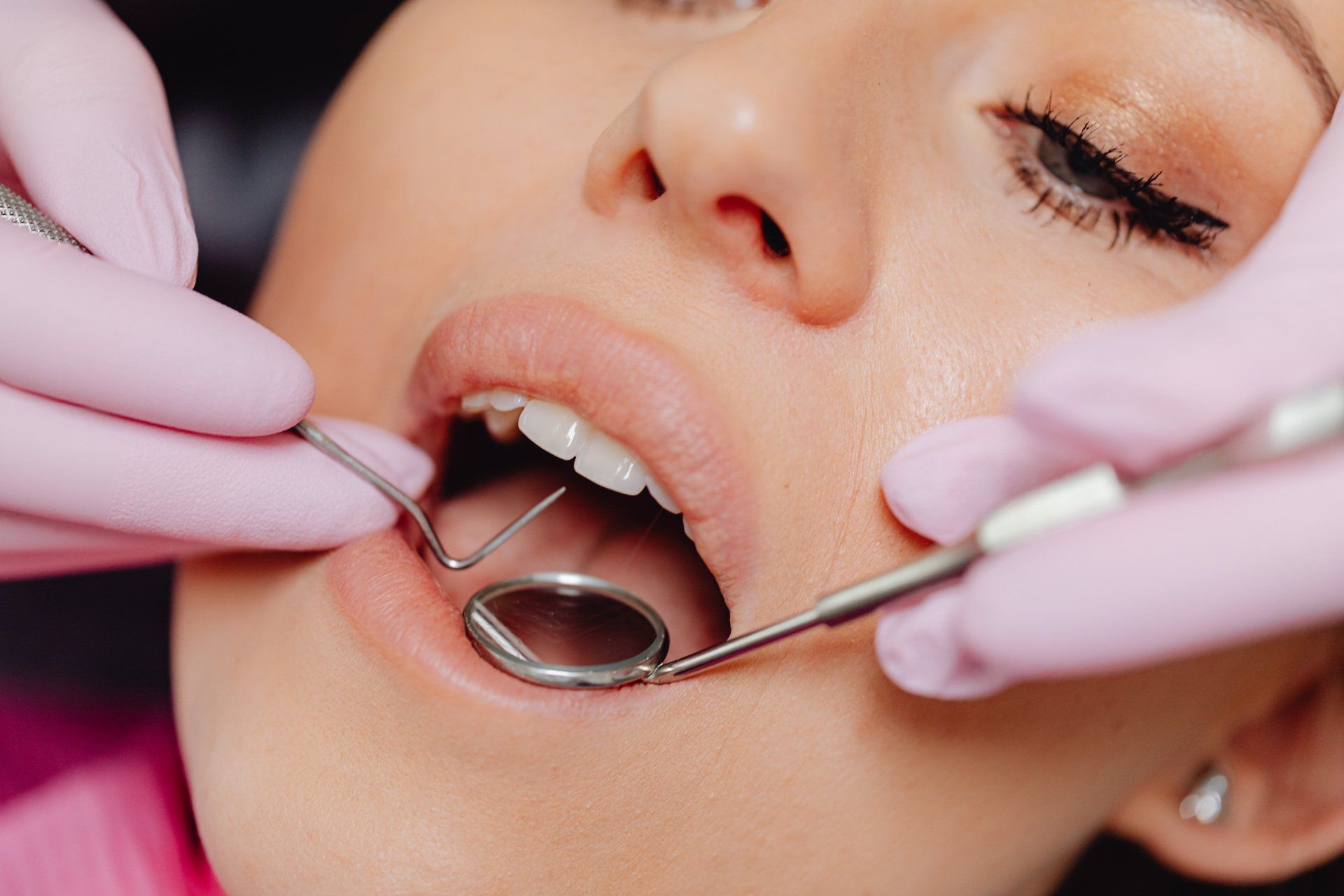Dental Crowns
Dental Crowns In Winter Park, Fl

The Ultimate Guide to Dental Crowns: Everything You Need to Know
Welcome to Winter Park Dental Arts, your premier destination for top-quality dental care in Winter Park. Our modern and state-of-the-art practice is committed to providing the highest level of dental services to our valued patients. In this comprehensive guide, we will delve into the world of dental crowns, exploring everything from their benefits and types to the procedure and aftercare. Whether you're considering dental crowns or simply want to expand your knowledge, this guide is your go-to resource for all things related to dental crowns.
What Are Dental Crowns?
Dental crowns, also known as caps, are custom-made prosthetic devices that are placed over a damaged or weakened tooth. They are designed to restore the tooth's shape, size, strength, and improve its overall appearance. Dental crowns can be made from various materials, including porcelain, ceramic, metal, or a combination of these materials. They are used to address a wide range of dental issues, such as protecting a weak tooth, covering a dental implant, restoring a broken tooth, or improving the appearance of a discolored or misshapen tooth.
Benefits of Dental Crowns
Dental crowns offer numerous benefits, making them a popular choice for patients seeking to enhance their oral health and smile. Some key benefits of dental crowns include:
1. Protection: Dental crowns provide added protection to weakened or damaged teeth, preventing further deterioration and potential tooth loss.
2. Restoration: They restore the functionality of a tooth, allowing for normal chewing and biting without discomfort or difficulty.
3. Aesthetics: Dental crowns are customized to blend seamlessly with your natural teeth, enhancing the appearance of your smile and boosting your confidence.
4. Durability: High-quality dental crowns are long-lasting and can withstand the daily wear and tear of regular use.
Types of Dental Crowns
There are several types of dental crowns available, each with its unique characteristics and suitability for different dental needs. The most common types of dental crowns include:
1. Porcelain Crowns: These crowns are known for their natural appearance, making them an ideal choice for front teeth or highly visible areas of the mouth.
2. Ceramic Crowns: Similar to porcelain crowns, ceramic crowns are highly aesthetic and are crafted to match the color and translucency of natural teeth.
3. Metal Crowns: Made from various metal alloys, metal crowns are incredibly durable and are often used for back teeth where strength and functionality are paramount.
4. Porcelain-Fused-to-Metal (PFM) Crowns: These crowns combine the strength of metal with the natural appearance of porcelain, offering a balance of durability and aesthetics.
The Dental Crown Procedure
The process of getting a dental crown typically involves multiple steps and requires the expertise of a skilled dentist. Here's a brief overview of the dental crown procedure:
1. Consultation: Your dentist will conduct a thorough examination of your teeth and discuss your treatment goals to determine if a dental crown is the best option for you.
2. Tooth Preparation: The affected tooth will be prepared by removing any decay or damage and reshaping it to accommodate the crown.
3. Impressions: Detailed impressions of your teeth will be taken to ensure the custom fit and appearance of your dental crown.
4. Temporary Crown: In some cases, a temporary crown may be placed over the prepared tooth while the permanent crown is being fabricated by a dental laboratory.
5. Permanent Crown Placement: Once the custom crown is ready, it will be placed and bonded to the prepared tooth, ensuring a secure and comfortable fit.
Aftercare for Dental Crowns
Proper aftercare is essential to ensure the longevity and effectiveness of your dental crowns. Here are some essential aftercare tips for maintaining your dental crowns:
1. Maintain Good Oral Hygiene: Brush and floss regularly to keep your dental crowns and natural teeth clean and free from plaque and bacteria.
2. Avoid Chewing Hard Foods: Refrain from biting down on hard objects or foods that may cause damage to your dental crowns.
3. Regular Dental Check-ups: Schedule routine dental visits to allow your dentist to monitor the condition of your dental crowns and address any issues promptly.
4. Wear a Night Guard: If you tend to grind or clench your teeth, wearing a night guard can help protect your dental crowns from excessive wear and damage.
At Winter Park Dental Arts, we are dedicated to providing personalized and exceptional dental care, including expertly crafted dental crowns that enhance both the form and function of your smile. We invite you to experience the difference of our modern practice and the expertise of our skilled dental team.
In conclusion, dental crowns offer a multitude of benefits, ranging from aesthetic enhancements to functional restorations, making them a versatile and valuable dental treatment option. Benefits of dental crowns include:
- Protecting a weakened (decayed) tooth
- Restoring a tooth that can no longer be filled
- Supporting a traditional dental bridge
- Topping a dental implant
- Disguising severely misshapen or badly stained teeth
- Covering a badly chipped or broken tooth
